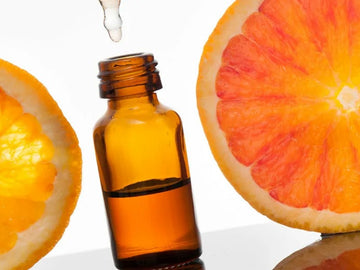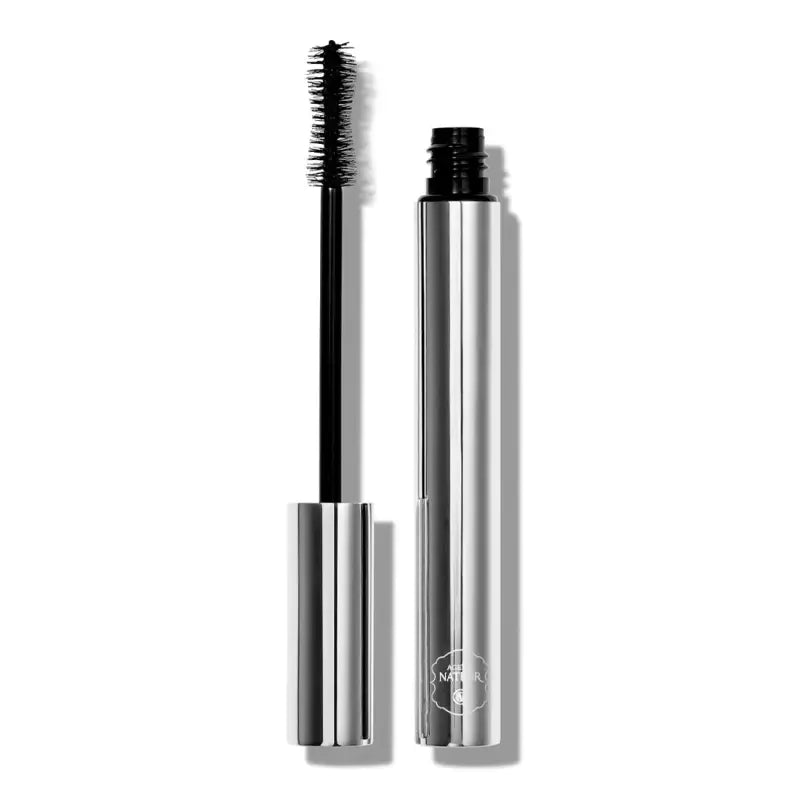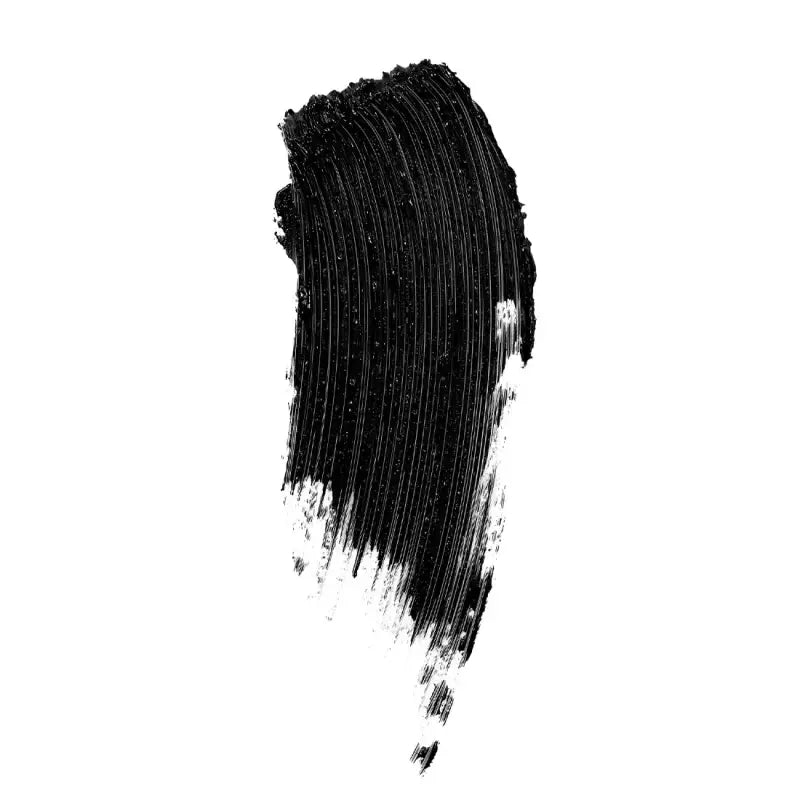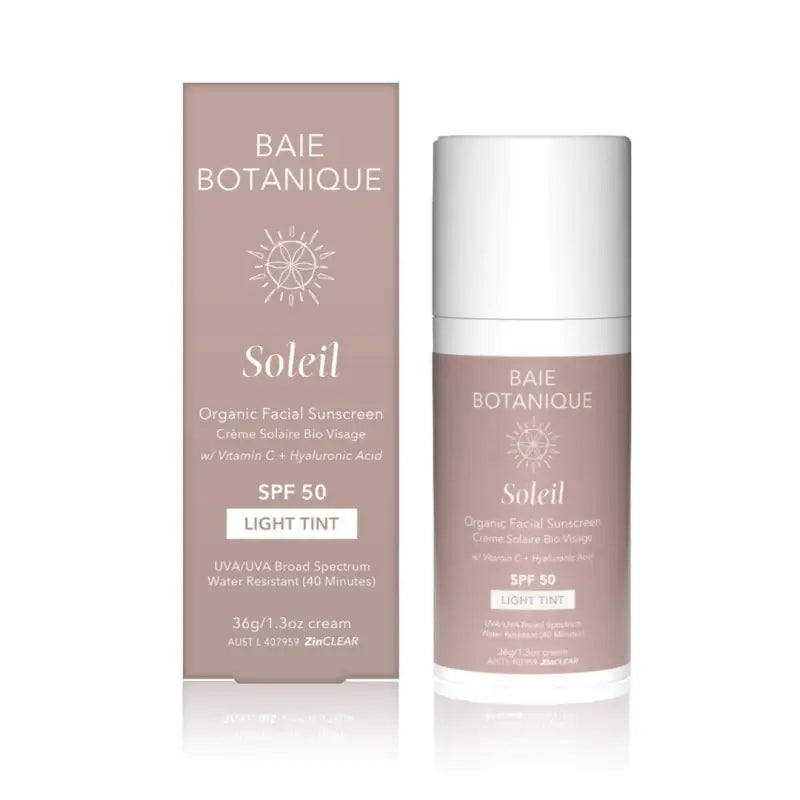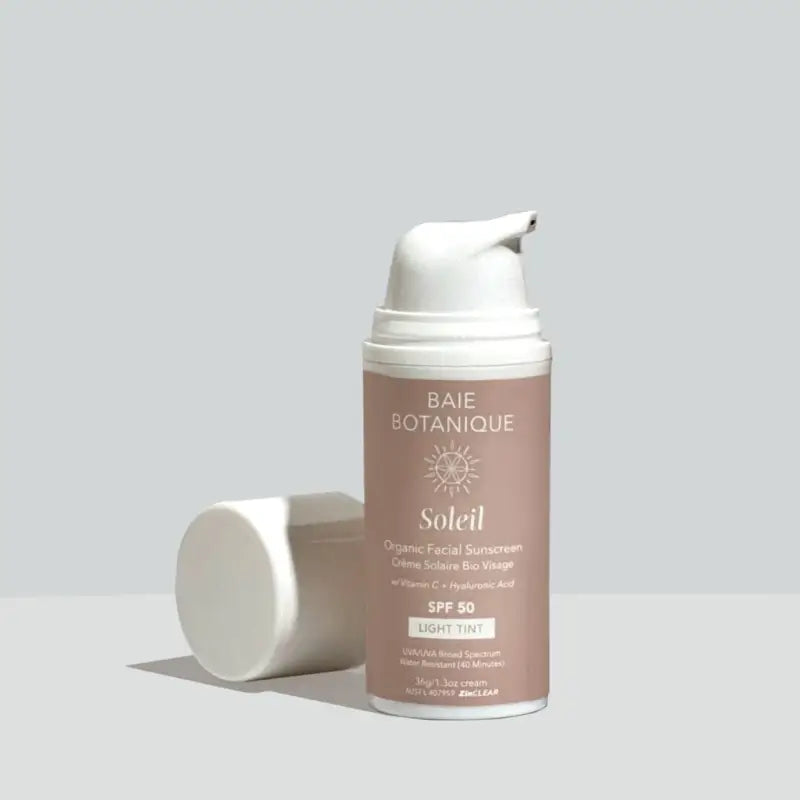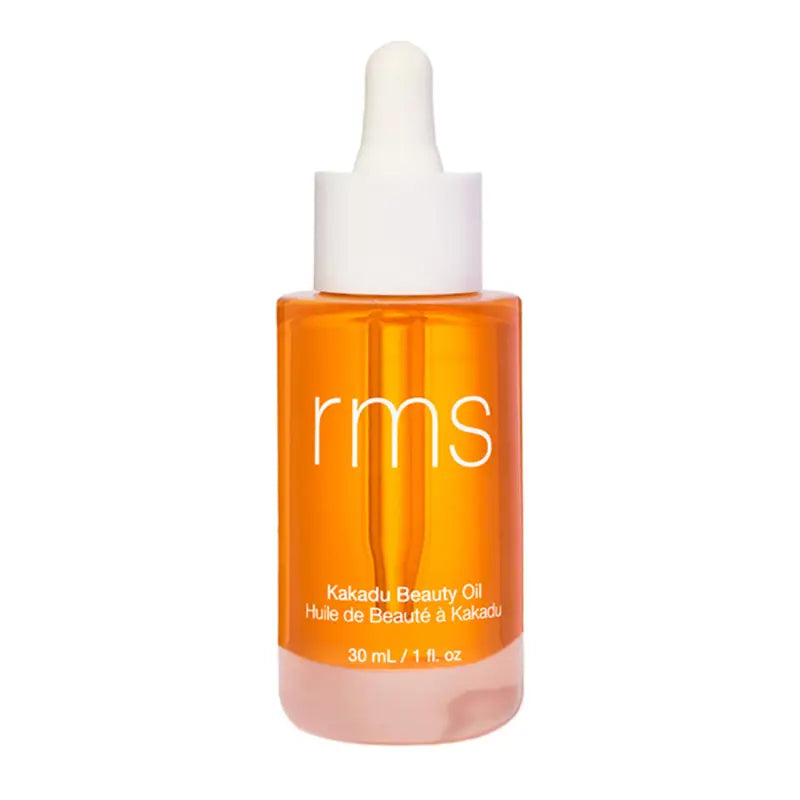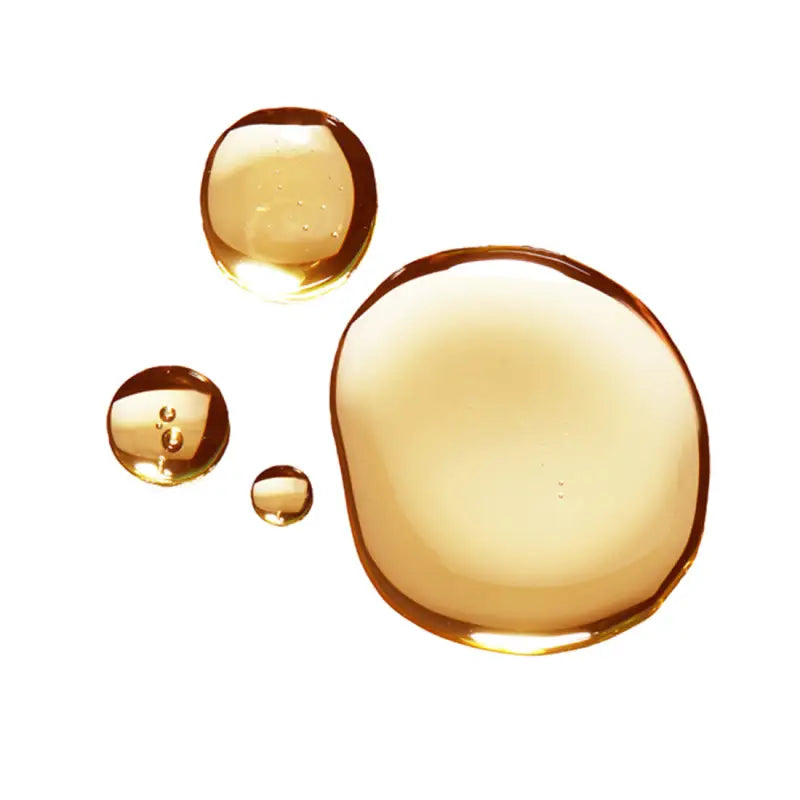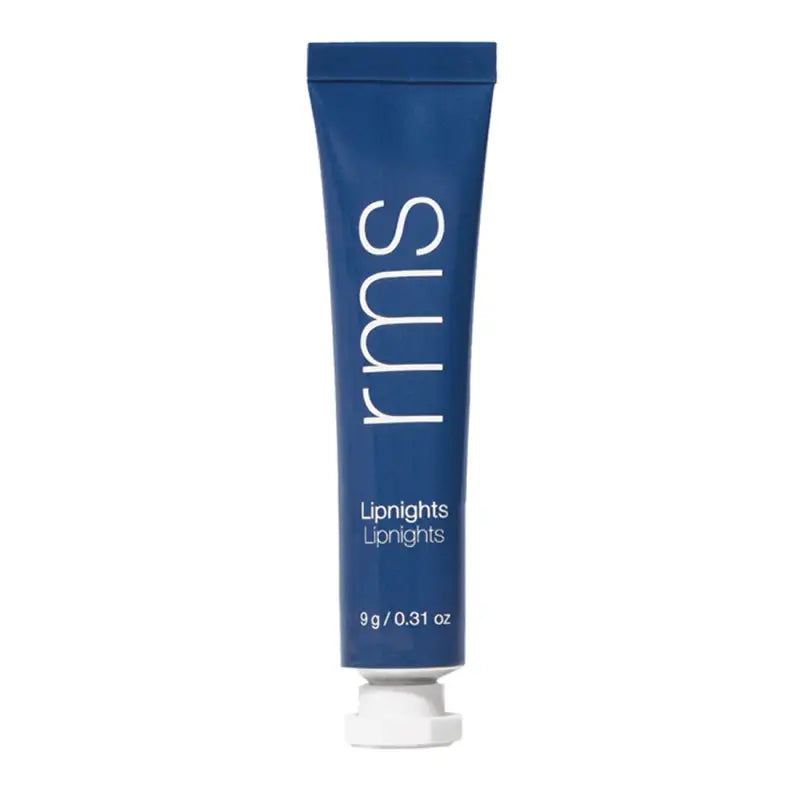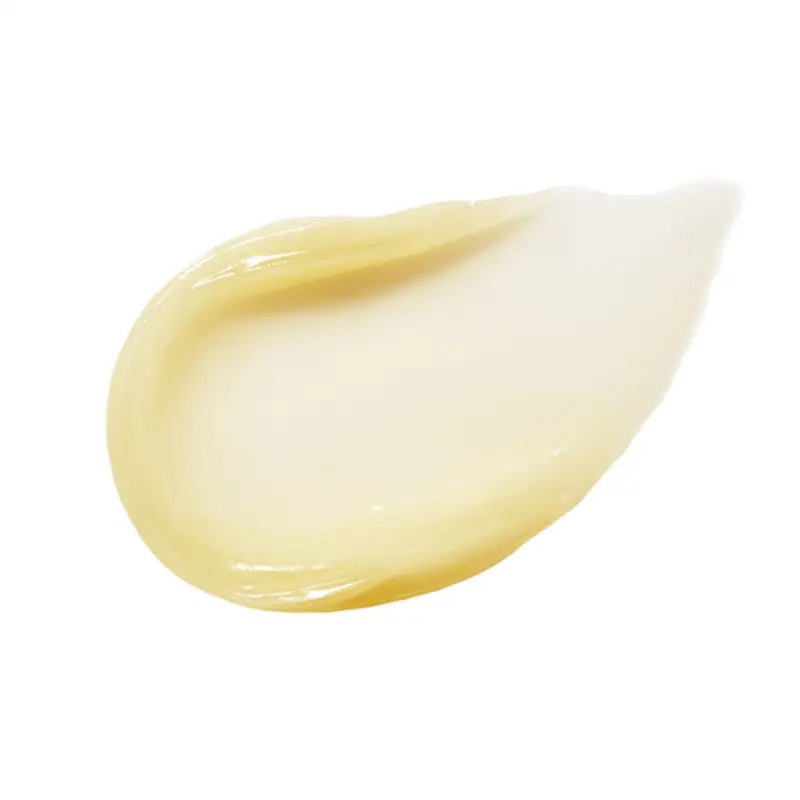Sensitive skin can be a frustrating and difficult condition to manage. It is characterized by symptoms such as redness, itching, and dryness and can be caused by a variety of factors including genetics, certain environmental factors, and skin conditions such as eczema. According to the National Eczema Association, as many as 50% of people report having sensitive skin. Finding the right products and routine to care for this type of skin can be a challenge, as many products on the market can further irritate the skin and cause allergic contact dermatitis. This comprehensive guide will provide you with the information you need to understand and care for your delicate complexion, including tips on identifying triggers, choosing the right products, and addressing specific concerns. You will also learn about the causes, symptoms, and ways to prevent it, as well as the best skin care routine, ingredients, and products to use. With the right knowledge and approach, you can take control of your sensitive skin and achieve a healthy, youthful and radiant complexion.
Understanding the Causes and Triggers
Sensitivity can be caused by a variety of factors, including genetics, environmental factors, and skin conditions such as eczema and rosacea. Understanding the causes is the first step in developing a skin care routine that will reduce redness and irritation.
One of the most important things to consider when caring for sensitive skin is to use products that are allergy tested and free from known irritants. People with reactive skin may find that certain ingredients, such as fragrances and preservatives, can cause redness and itching. By avoiding products that contain these ingredients, you can help reduce redness and inflammation.
Another important factor to consider when caring for sensitive skin is to be aware of your environment. Exposure to harsh weather conditions, such as extreme heat or cold, can cause your skin to become irritated. Additionally, exposure to pollutants, smoke, and other irritants can also cause redness and irritation. By taking steps to protect your skin from these environmental factors, you can help reduce redness and inflammation.
Gentle Cleansing for Sensitive Skin: Finding the Right Products and Ingredients
Cleansing is an essential part of any daily routine, but for those with delicate complexions, finding the right cleanser is crucial. Using harsh or irritating products on reactive skin can cause redness, itching and even more irritated skin. That's why it's important to use a gentle, non-irritating cleanser that is specifically formulated for your skin type.
When looking for a cleanser, it's important to pay attention to the ingredients list. Some ingredients that are commonly found in cleansers and other skin care products, such as fragrances, alcohol and sulfates, can be harsh and irritating. Instead, look for a gentle cleanser that is free from these ingredients, and is formulated with soothing ingredients like aloe vera, chamomile, and calendula.
It's also important to avoid using hot water when cleansing your skin, as it can cause redness and irritation. Instead, use lukewarm water and avoid rubbing or scrubbing your skin too hard.
A few product recommendations for gentle cleansers for sensitive skin are:
__________
By using a gentle, non-irritating cleanser on a daily basis and paying attention to the ingredients, you can help soothe and protect your skin.
The Importance of Moisturising and Finding the Right Products
Moisturising is an essential step in any skin care routine, especially for those with sensitive skin. A good moisturizer can help hydrate and soothe irritated skin, reducing redness, itching, and flaking.
When looking for a moisturizer or serum, it's important to pay attention to the ingredients list. Avoiding harsh or irritating ingredients is key. Common ingredients to look for are hyaluronic acid, shea butter, and fatty acids. These ingredients can provide hydration, calm irritated skin and help to maintain a healthy skin barrier.
Hyaluronic acid is a hero ingredient that can hold up to 1000 times its weight in water, making it extremely effective at hydrating the skin. Shea butter is a natural emollient that can help to soothe and calm irritated skin, while fatty acids can help to maintain the skin's natural barrier, keeping it hydrated and protected.
It's also important to choose products that are specifically formulated for delicate skin and are allergy tested. A gentle and effective moisturizer, serum and face oil can be a game-changer for sensitive skin, providing hydration and nourishment without causing irritation.
When applying the skincare products, avoid rubbing or scrubbing your skin too hard. Instead, apply it gently and evenly, and avoid applying too much product.
A few product recommendations are:
__________
Sensitive Skin and Sun Protection: Understanding the Different Types of Sunscreens and How to Choose the Right One
Sun protection is essential for all skin types, but it can be especially important for those with reactive skin. Not only does sun exposure increase the risk of skin cancer, but it can also cause redness, irritation, and premature ageing.
There are two main types of sunscreens available: physical and chemical. Physical sunscreens, also known as mineral sunscreens, work by sitting on top of the skin and reflecting the sun's rays. They often contain ingredients such as zinc oxide and titanium dioxide. Chemical sunscreens, on the other hand, work by absorbing the sun's rays. They often contain ingredients such as avobenzone and oxybenzone.
For sensitive skin types, it is advisable to look for physical SPF products, they are often less likely to cause irritation and redness. Additionally, it is important to look for non comedogenic formulas, which do not clog the pores, and are allergy tested.
It's also important to keep in mind that sun protection should be a daily habit, not just for sunny days. Sun exposure can happen even on cloudy days, or even through windows. That's why it's important to apply SPF products every day as part of your morning routine, in addition to using other products that provide sun protection, such as hats, clothing and sunglasses.
By understanding the different types of sunscreens available and choosing the right one for your skin type, you can help protect your skin from the sun's harmful rays, while also reducing the risk of wrinkles and keeping a calm and beautiful complexion.
Managing Special Concerns: Tips for Acne, Aging, and Dark Circles
Sensitive skin can be prone to a variety of special concerns, including acne, aging, and dark circles. Managing these concerns requires a personalized approach and understanding the effective ingredients that can be used on this skin type.
Acne can be a particular concern. It is important to avoid using harsh or abrasive products that can cause irritation, and instead choose products that are specifically formulated for delicate skin and are allergy tested.
Aging is another concern. Use products that are packed with effective ingredients that can help to smooth and firm the skin. These ingredients include glycerin, hyaluronic acid, and retinol. It is also important to use a gentle and non-irritating cleanser that can help to remove makeup, dirt, and oil without stripping the skin of its natural oils.
Dark circles are also a concern for sensitive skin types. They can be caused by a variety of factors, including genetics, allergies, and poor sleep. To address dark circles, it is important to use products that are specifically formulated for sensitive skin and are allergy tested. Avoid products that contain fragrances, alcohol, and other harsh ingredients, as they can be irritating. Instead, look for products that are formulated with soothing ingredients like aloe vera, chamomile, and calendula.
Achieving a Radiant and Healthy Complexion
Sensitive skin can be a frustrating and difficult condition to manage, but with the right knowledge and approach, you can take control of your sensitive skin and achieve a healthy and radiant complexion.
One of the most important things to consider when caring for sensitive skin is to use pure and non-irritating skincare products. Avoid products that contain harsh ingredients, such as fragrances, alcohol, and salicylic acid, as they can cause redness, itching, and irritation. Instead, look for products that are specifically formulated for sensitive skin and are allergy tested, and that are rich in effective ingredients that can help to hydrate, soothe, and protect the skin.
Another important factor to consider when caring for sensitive skin is to be aware of your environment. Exposure to harsh weather conditions, such as extreme heat or cold, can cause sensitive skin to become irritated. Additionally, exposure to pollutants, smoke, and other irritants can also cause redness and irritation. By taking steps to protect your skin from these environmental factors, you can help reduce redness and inflammation.
Lastly, it's important to keep in mind that sun protection should be a daily habit, not just for sunny days. Sun exposure can happen even on cloudy days, or even through windows. That's why it's important to apply sunscreen every day as part of your morning routine, in addition to using other products that provide sun protection such as hats, clothing and sunglasses.
By following a personalized and gentle skincare routine, you can help reduce redness and itching, and achieve a youthful and radiant complexion. Remember to pay attention to the ingredients in the products you use, and choose products that are specifically formulated for sensitive skin, and are free from harsh ingredients. It's also important to consult with a skincare professional for advice and personalized skincare routine.
Caring for sensitive skin is an ongoing process, but with the right products and approach, you can achieve a healthy, beautiful and hydrated complexion.
FAQ
What are some common triggers for sensitive skin?
Common triggers for sensitive skin include harsh skincare products, certain ingredients like fragrances and preservatives, weather conditions, pollution, and certain medical conditions such as eczema and rosacea.
Is sensitive skin the same as dry skin?
Sensitive skin and dry skin can have similar symptoms, such as redness, itching, and flaking. However, sensitive skin is often characterized by a heightened reaction to certain triggers, while dry skin is caused by a lack of moisture in the skin.
Can sensitive skin be cured?
Sensitive skin is often a chronic condition that cannot be cured, but it can be managed with the right skincare routine and by avoiding known triggers.
Are there specific skincare products that are best for sensitive skin?
Yes, there are skincare products that are specifically formulated for sensitive skin and are free from harsh ingredients and irritants. These products often contain soothing ingredients like aloe vera, chamomile, and calendula.
Can makeup be used on sensitive skin?
Yes, makeup can be used on sensitive skin, but it is important to choose makeup that is specifically formulated for sensitive skin and is free from known irritants. It's also important to remove makeup gently and avoid using harsh makeup removers.
How can I soothe itchy skin caused by sensitive skin?
To soothe itchy skin caused by sensitive skin, it's important to use a gentle cleanser that is free from harsh ingredients, and to avoid hot water when cleansing the skin. Additionally, using skincare products that are formulated with soothing ingredients such as sea aster, aloe vera, and chamomile can help to calm and soothe itchy skin.
Can sensitive skin types use products that contain salicylic acid?
Salicylic acid can be harsh and irritating for sensitive skin types, it is best to avoid products that contain salicylic acid, and instead look for products that are specifically formulated for sensitive skin and are free from known irritants.
Are there any natural skincare ingredients that are good for sensitive skin?
Yes, there are natural skincare ingredients that are good for sensitive skin. These include ingredients such as sea aster, aloe vera, chamomile, and calendula. These ingredients are known to be gentle and soothing on sensitive skin, and can help to hydrate, protect, and calm irritated skin.
Can sensitive skin benefit from using a serum or moisturizer?
Yes, sensitive skin can benefit from using a serum or moisturizer. Serums and moisturizers that are specifically formulated for sensitive skin and are free from known irritants can help to hydrate, soothe, and protect the skin. Look for serums and moisturizers that are rich in ingredients such as hyaluronic acid, glycerin, and shea butter that can help to hydrate and smooth the skin.
Can sensitive skin benefit from using a foam cleanser?
Foam cleansers can be gentle on sensitive skin and can help to remove dirt and impurities without stripping the skin of its natural oils. However, it is important to choose a foam cleanser that is specifically formulated for sensitive skin and is free from known irritants.



